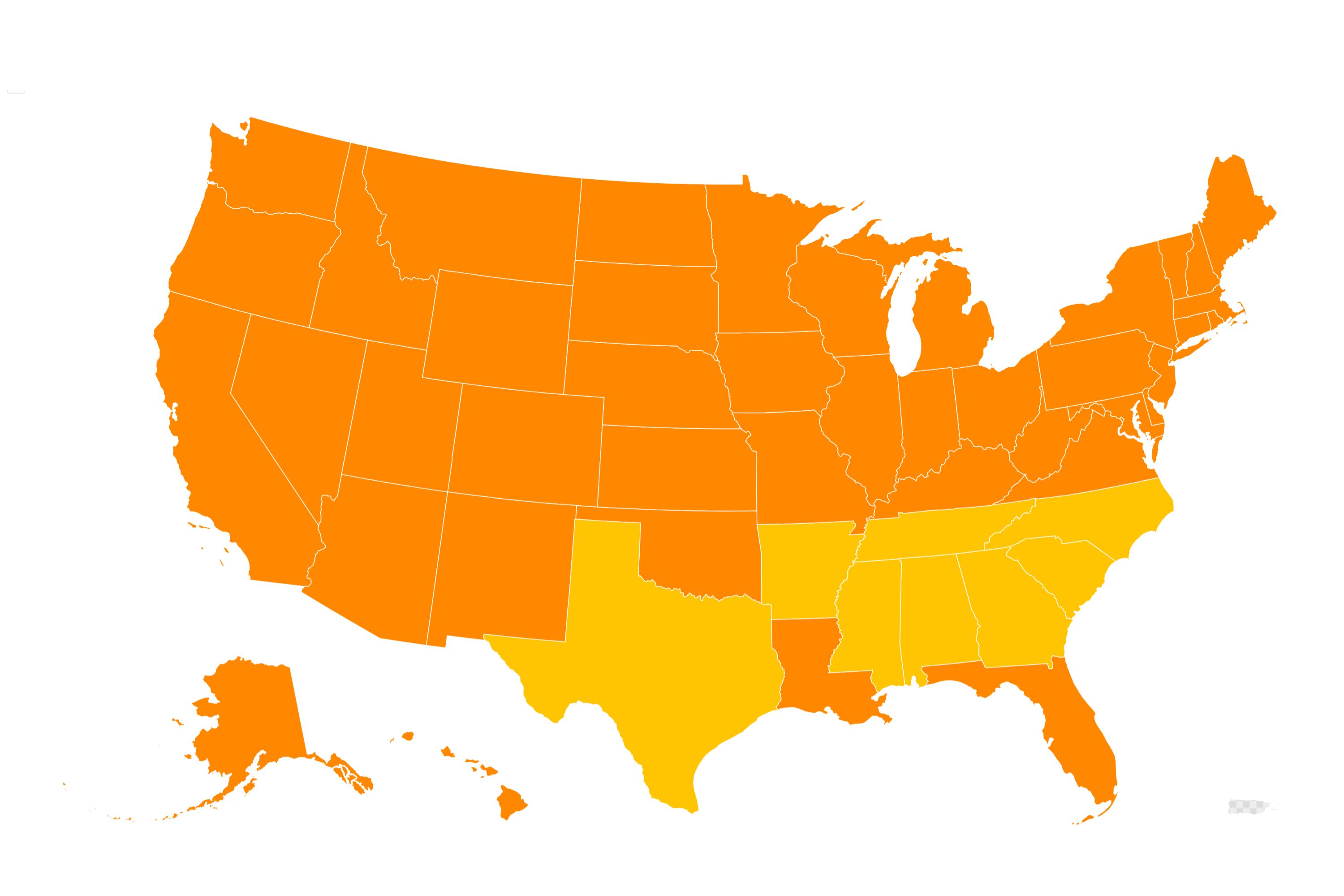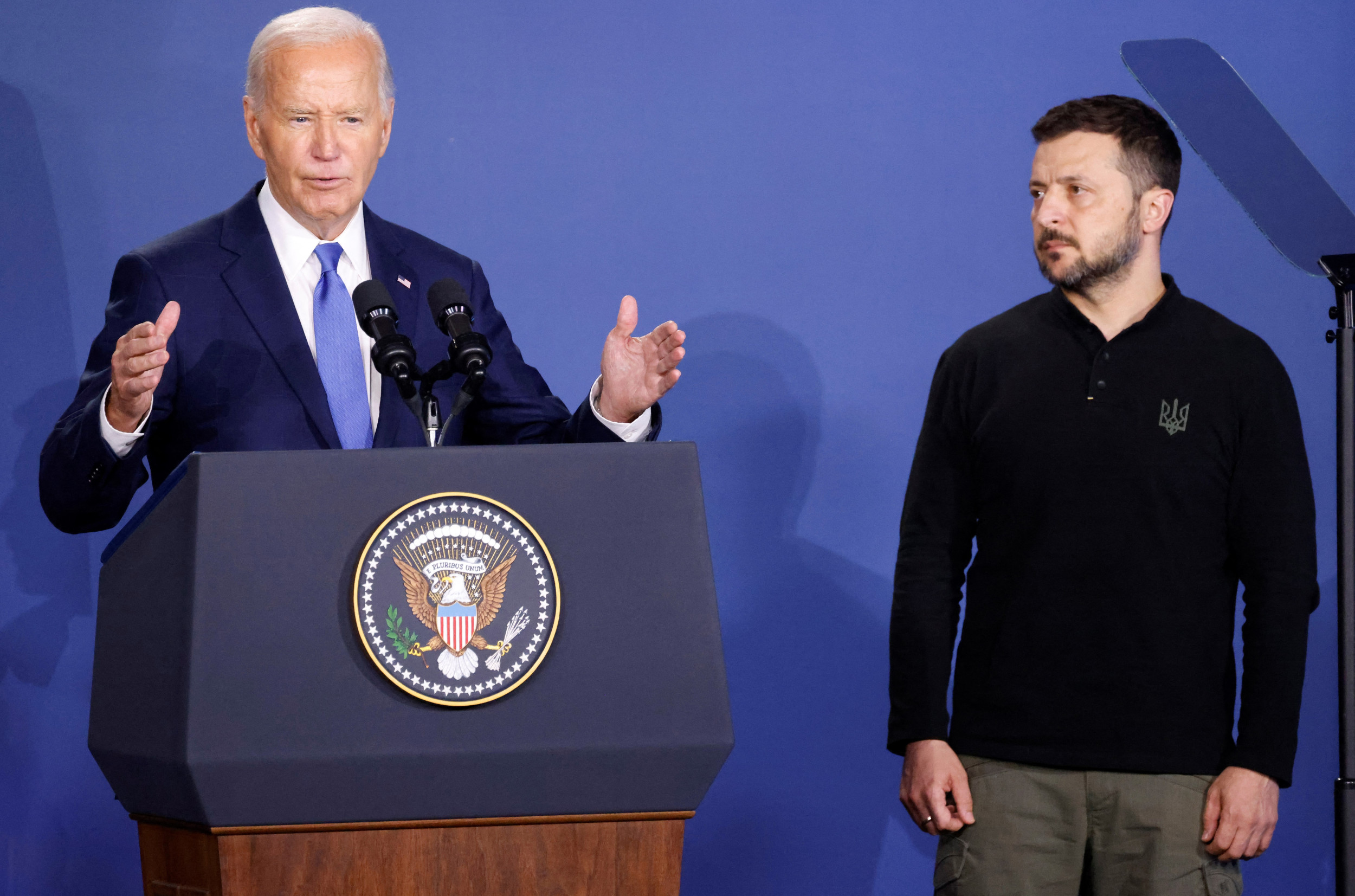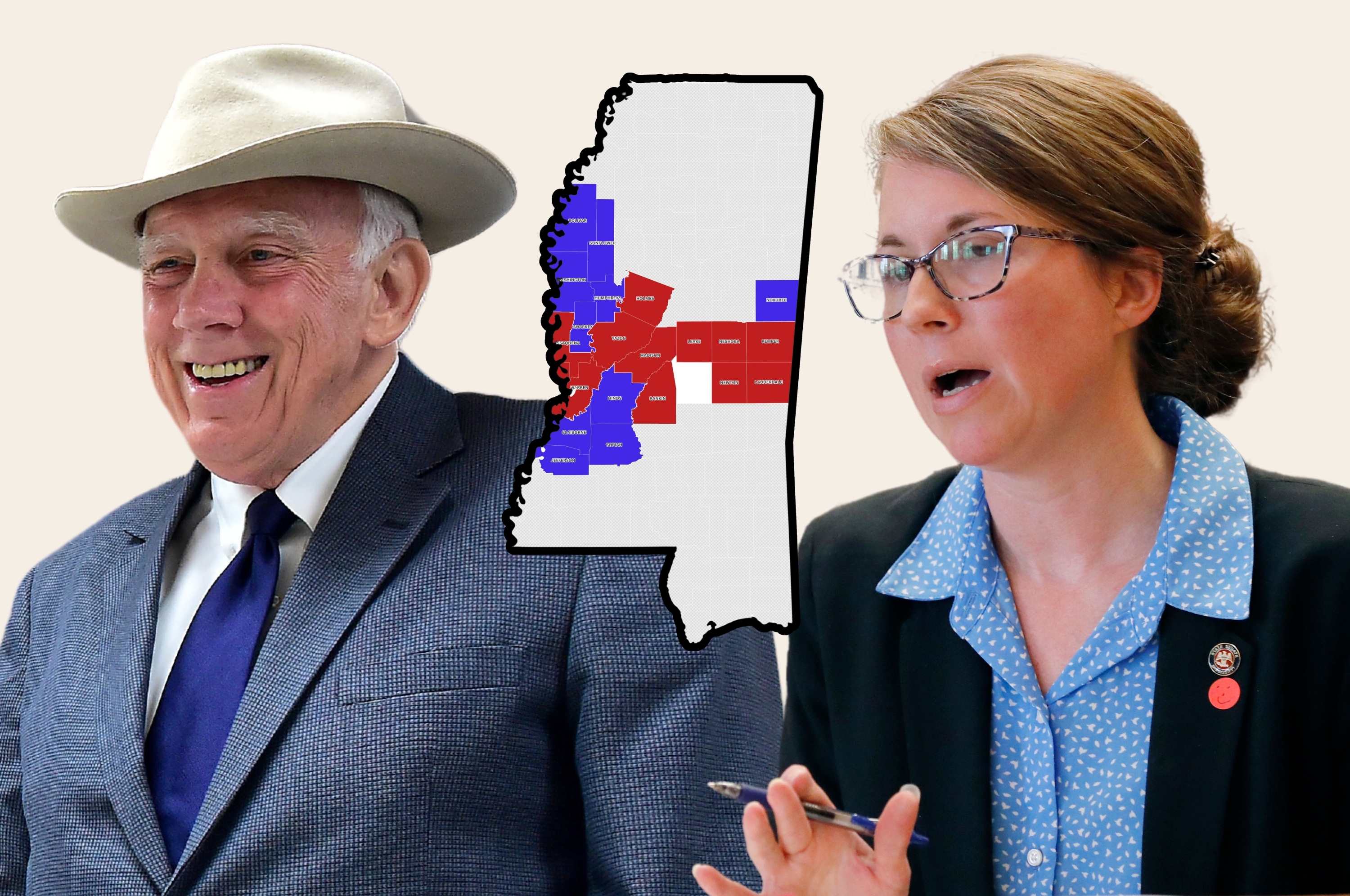After President Joe Biden secured a ceasefire deal between Israel and Lebanon yesterday, he and others have begun pushing for a similar agreement to end the war in Gaza.
In a speech at the White House shown on C-Span, Biden spoke about how he plans to push for a ceasefire in Gaza.
He said: "Far too many civilians in Gaza have suffered far too much, and Hamas has refused for months and months to negotiate a good faith ceasefire and a hostage deal. So now, Hamas has a choice to make. Their only way out is to release the hostages, including American citizens which they hold, and in the process, bring an end to the fighting, which would make possible a surge of humanitarian relief."
The president said: "Over the coming days, the United States will make another push with Turkey, Egypt, Qatar, Israel, and others to achieve a ceasefire in Gaza."
Biden added that this would result in: "A vision of a future of the Middle East where it's at peace and prosperous and integrated across borders; a future where Palestinians have a state of their own, one that fulfills its people's legitimate aspirations and one that cannot threaten Israel or harbor terrorist groups with backing from Iran; a future where Israelis and Palestinians enjoy equal measures of security, prosperity, and—yes—dignity."
Biden said that the U.S. "remains prepared to conclude a set of historic deals with Saudi Arabia" to form a path to establish a Palestinian state and "normalize" relations between Saudi Arabia and Israel. Tensions in the Middle East have drastically escalated in the last few months, with the Israelis conducting strikes in Lebanon, Yemen, Syria, and Iran.

Newsweek reached out to the White House deputy press secretary for comment via email outside of business hours.
Newsweek also reached out to the Israeli Ministry of Foreign Affairs and the state of Palestine's Council of Ministers for comment via email.
Biden also thanked French President Emmanuel Macron for his help in forging the ceasefire deal between Israel and Lebanon and added that he believes Hezbollah is to blame for the conflicts between Israel and Lebanon.
When Does the Israel-Hezbollah Ceasefire Start?
Biden said that the ceasefire between Israel and Hezbollah is set to take place over the next 60 days; the "Lebanese Army and the State Security Forces will deploy and take control of their own territory once again" and "Israel will gradually withdraw its remaining forces," allowing civilians from both sides of the conflict to return home.
Biden also said that American troops would not be deployed in Southern Lebanon.
Hamas previously called for an immediate end to the war in Gaza after Donald Trump's reelection and spoke of a plan to achieve Palestinian statehood.
Hamas Political Bureau member and spokesperson Basem Naim previously told Newsweek: "The election of Trump as the 47th president of the USA is a private matter for the Americans, but Palestinians look forward to an immediate cessation of the aggression against our people, especially in Gaza, and look for assistance in achieving their legitimate rights of freedom, independence, and the establishment of their independent self-sovereign state with Jerusalem as its capital."
Biden may have difficulty with communications with Qatar regarding a ceasefire in Gaza as the Middle Eastern country said earlier this month that it would no longer work to engineer a ceasefire between Hamas and Israel. It believed that the Hamas office in the country "no longer serves its purpose," and that Israel and the Palestinian group have not shown a "sincere willingness" to negotiate terms.
Alongside the U.S. and Egypt, Qatar had previously been one of the integral players in the attempts to reach a ceasefire in Gaza.
Others have echoed Biden's push for a ceasefire in Gaza following the Israel-Lebanon ceasefire deal, including New York Representative Jerry Nadler. He reacted to the news of the ceasefire deal and spoke of his hopes for Gaza in a post on X, formerly known as Twitter: "This is welcome news and begins to bring a small modicum of relief. The people of Israel and Lebanon deserve to live in peace and security.
"As President Biden said, this agreement allows return of civilians to their homes and the return of quiet. It is my sincere hope and prayer that all in the region can build on the success of achieving this ceasefire agreement in Lebanon toward an agreement in Gaza that brings the hostages home and achieves a ceasefire.
"While there are many more steps needed to achieve a lasting peace through a two state solution, today's announcement is a positive step toward that goal," Nadler said.
Jon Finer, White House principal deputy national security adviser, also said he hopes the Israel-Lebanon ceasefire will "create space" for a similar deal in Gaza. He added: "We are going to test whether this creates space for further progress, either toward a cease fire and hostage deal in Gaza."



















 English (US) ·
English (US) ·